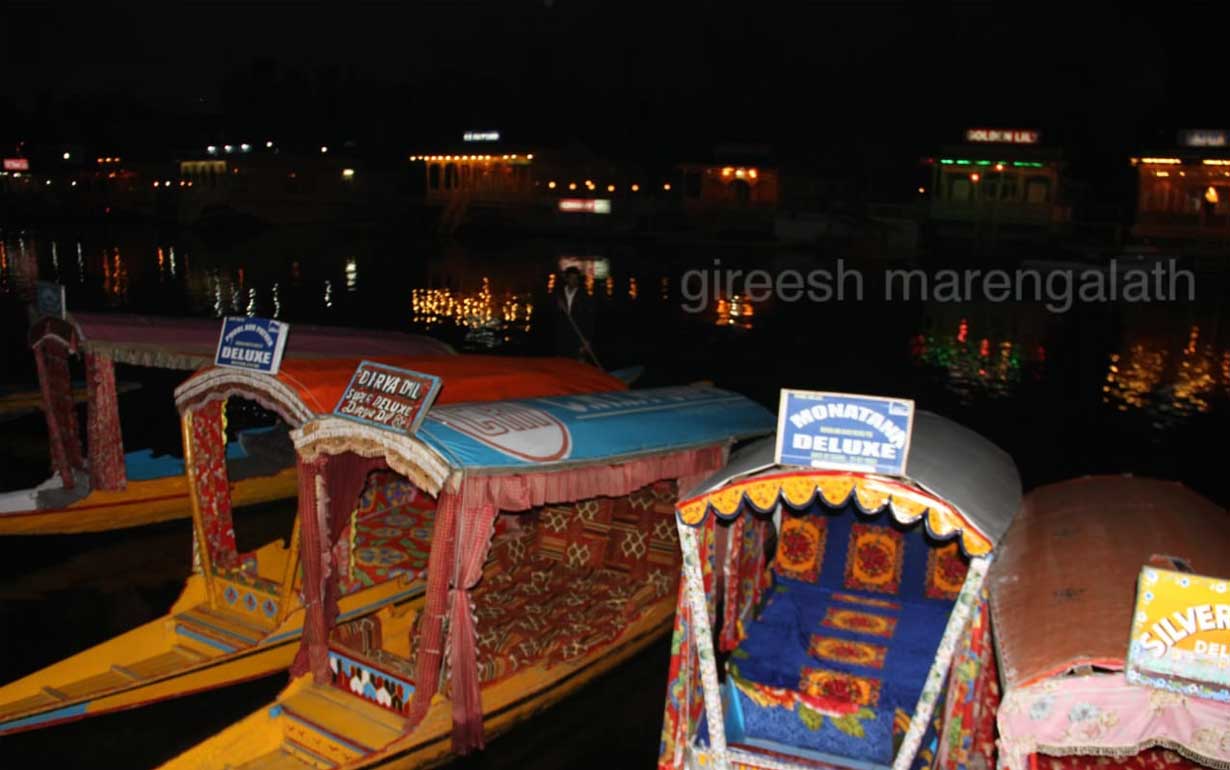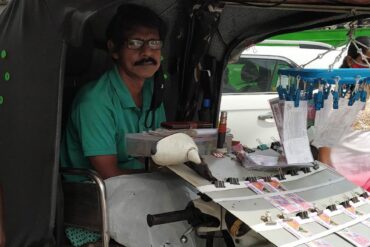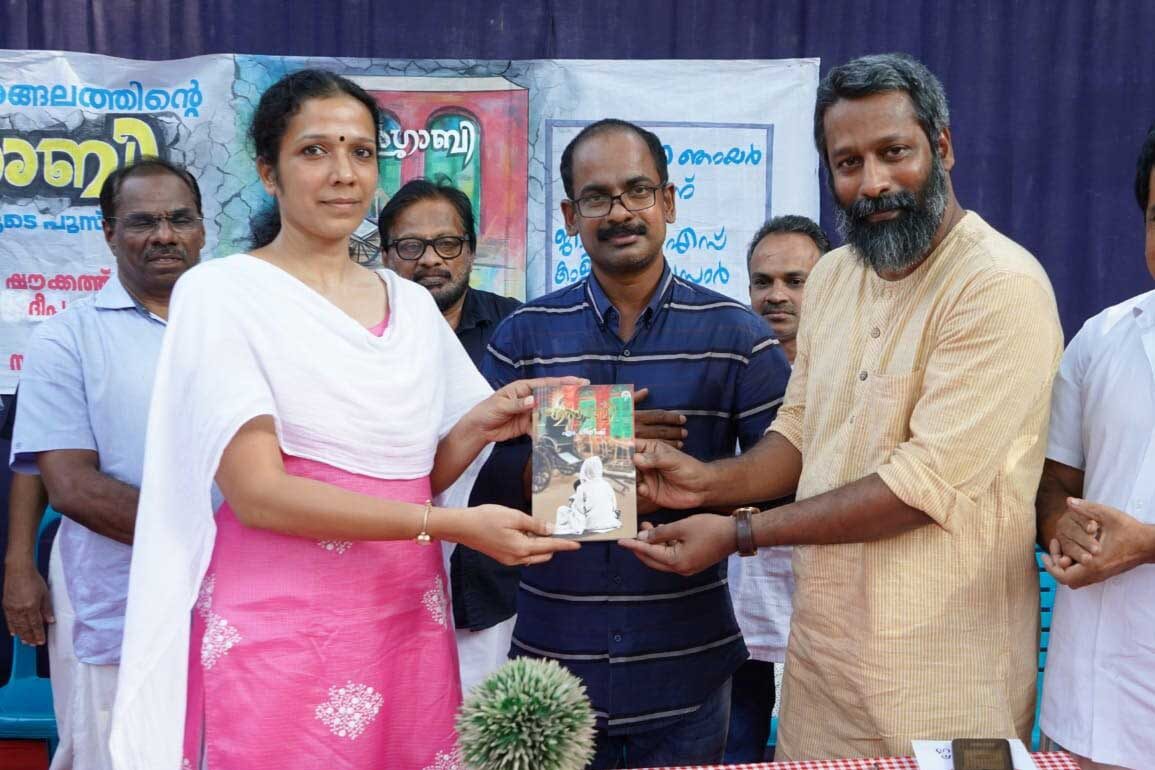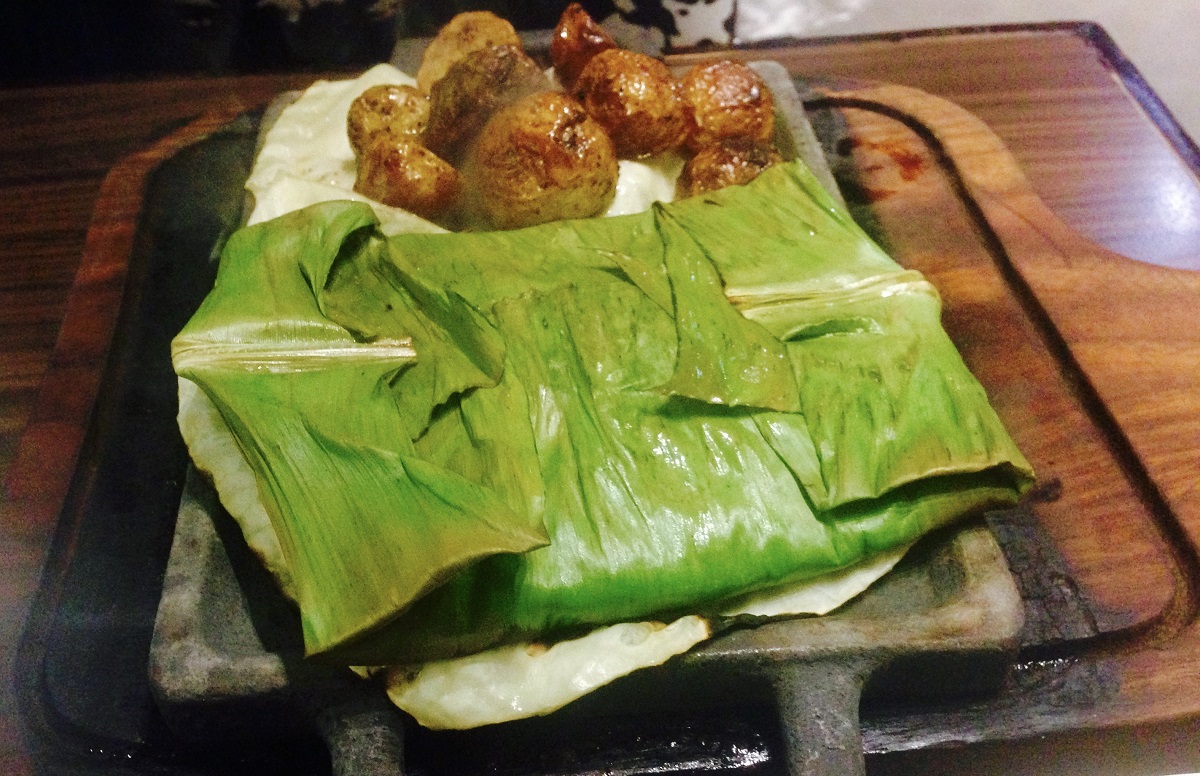Writer Gireesh Marengelath, of Kalikavu in Malappuram district, has never been one to do things by halves, and his latest book on travel was no exception. It brings out a conversational sketch of his visits to Delhi-Kashmir, Dhanushkodi and Yercaud, and comes with a feature that can potentially catapult him to the India Book of Records: a back cover QR code that opens to a visual travelogue when scanned.
“It can be the first of its kind,” says Marengelath. “In my research, I have not found any book that has similar features. It is a travelogue with visual explanation. This will give a novel experience to the reader.” Gurgabi, as the travelogue is titled, navigates by means of group conversations, deftly bringing out the fine details to the readers.
His evocation of the places is spot on, from the first trip to the scenic Rameshram-Danushkodi and the mist-blanketed Yercaud mountains, to the snow-shrouded valleys of Kashmir. This is a tale of uncovering the world as he saw and the inspiration of his friends who accompanied him, and the mere ecstasy of a man who loves to travel.
But the idea of capturing those moments in videos and serving them along with the book was new and came from a random thought. “I just tried to innovate and that is how it came about,” he says. It is an experiment that paid the dividends as the book received encouraging responses from readers.
The advantage the readers of Gurgabi have is that after reading it, they can make another trip to the enlightening journeys through a beautiful video work. They only have to scan the QR code and a 1 hour and 18 minutes long YouTube video pops up on their mobile phone.
 For Marengelath, each trip is important in its own right; yet some are special, some memorable while others wonderful. They all will have a permanent place in his memory. “Apart from the thrill of seeing the new places, they have changed they way I look at them. Those real life moments offer you a completely different scene from what you have known about them until then,” he says.
For Marengelath, each trip is important in its own right; yet some are special, some memorable while others wonderful. They all will have a permanent place in his memory. “Apart from the thrill of seeing the new places, they have changed they way I look at them. Those real life moments offer you a completely different scene from what you have known about them until then,” he says.
Five years ago before Marengelath embarked on his third journey – the final one in the 168-page book – he had believed Kashmir was a dangerous place to visit and Delhi was filthy. The pictures of gun-toting militants and the patrolling army men on the lovely streets of Kashmir always instilled fear in him. But he now knows that most of what he learnt from other sources was just untrue. “Of course, you will see the army men roam about the area. But that is pretty normal there. Nobody cares.”
“Wide reading changes one’s outlook on the world, more so when you read the travel books. My work is not just an account of the tours I undertook, but a detailed depiction of the places and people I visited, the effects they had on me and the perspective change they brought on,” he says. While the book provides a decent description of the places he has been to, the video substantiates his words and arguments. It will also tell how those places differ from what the readers have in mind.
Marengelath has his admirers for the novel idea, ranging from his colleagues to fellow writers, to his own students. And the eldest of them is Vijaylakshmi Vattingavil, a 72-year-old woman, while the youngest is a class II student who read the book at one sitting. “Gurgabi as a travelogue is an inspirational read and the vlog made it even more special. “It is indeed worth spending the time,” Vattingavil says.
“I apologise for being late to read Gurgabi. Though I obtained an author-signed copy even before it was released, I only picked it up for reading after keeping it on the table for over a month. Just going through the first two pages of Gurgabi will keep you glued to the seat. It is a book you want to read at one sitting,” his colleague Jaseena V wrote to him.
 Marengelath is a Malayalam teacher in an upper primary school in Kalikavu. He has two more books published – Randuperkkum leavilla and Ho, both collections of poems – before Gurgabi, and has won Limca Book of Awards for foraying into the largely unexplored world of mobile phone photography. He took the prestigious plaudits for conducting a series of exhibitions of the pictures taken on his cellphone.
Marengelath is a Malayalam teacher in an upper primary school in Kalikavu. He has two more books published – Randuperkkum leavilla and Ho, both collections of poems – before Gurgabi, and has won Limca Book of Awards for foraying into the largely unexplored world of mobile phone photography. He took the prestigious plaudits for conducting a series of exhibitions of the pictures taken on his cellphone.
“I began capturing images on my phone in 2007. It was first a sort of hobby for me. Then I developed it into one of my interests. Later, I organised a number of exhibitions that drew a decent crowd,” Marengelath, who is an amateur in writing, says. Gurgabi was published by Niyatham Books, a publishing house in Wayanad district. Sahitya Academy Award winner Shoukath released the book while artist Sageer launched the visual travelogue.
Cover image: Sahitya Academy Award winner Shoukath releasing Gurgabi while Marengelath (centre) looks on







